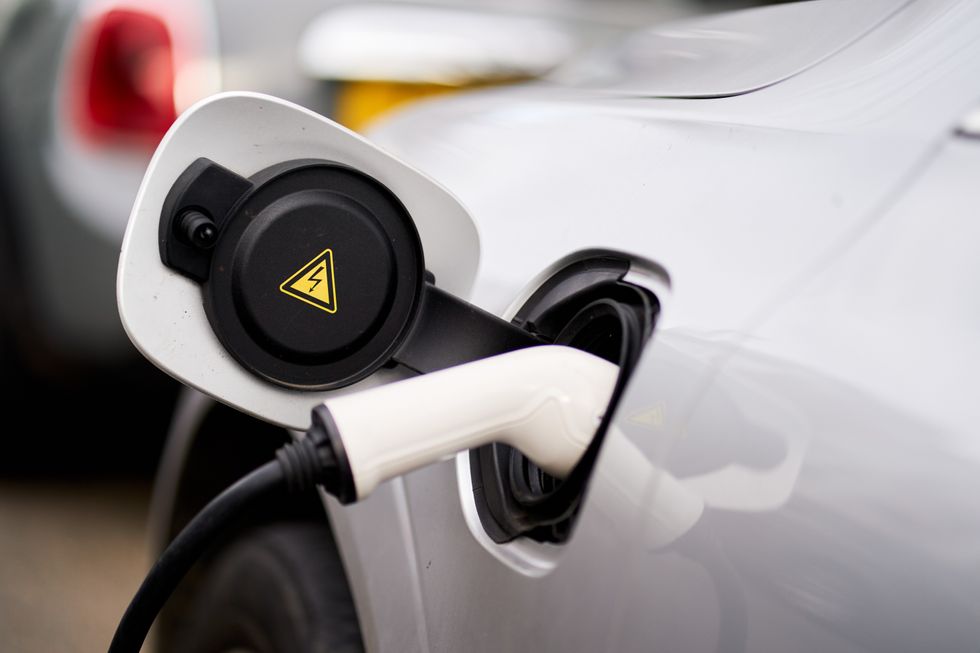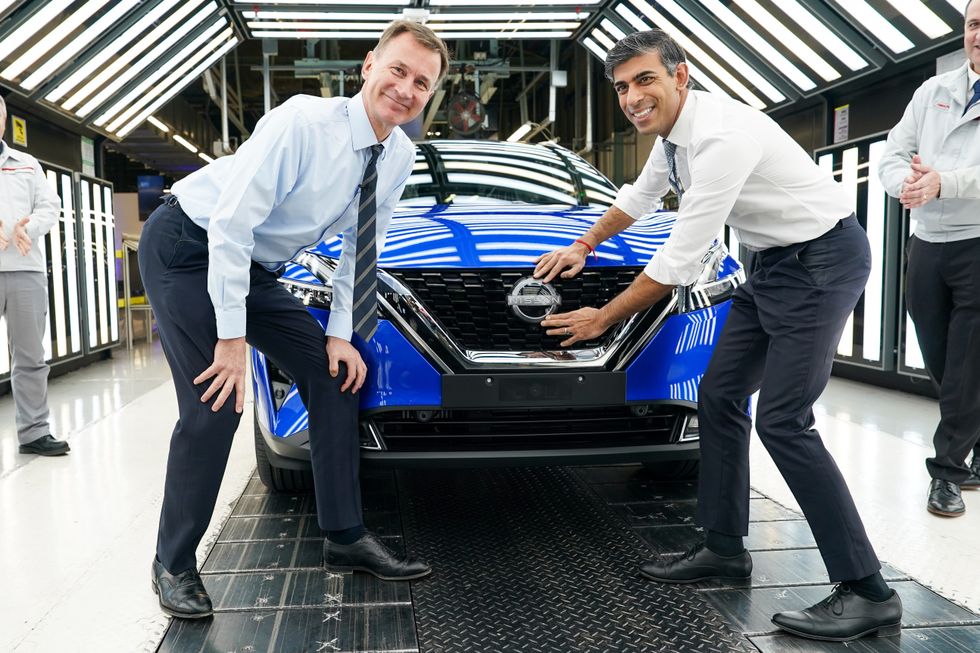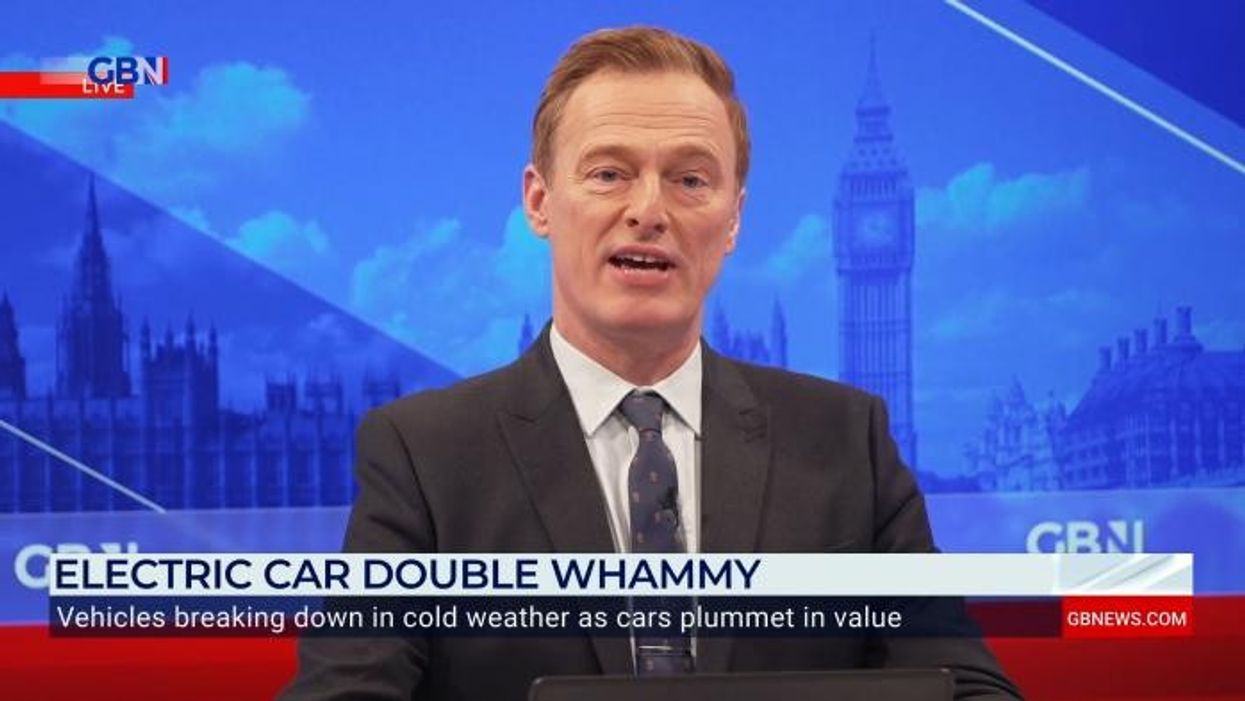Major car brands looking to ditch petrol and diesel cars could face electric vehicle issues, says Felix Reeves

Most drivers need car prices to plummet before diving headfirst into the electric transition
Don't Miss
Most Read
Latest
Everyone now knows that car manufacturers around the world are preparing to make the switch to electric and slowly phase out the sale of new petrol and diesel cars in a bid to achieve net zero emissions.
All countries, car brands and institutions have different targets and goals. Some want internal combustion engines gone by 2030, while others are more hesitant and have not set concrete targets to see how the landscape adapts.
Luxury car brand Bentley has delayed plans to introduce its first electric vehicle. The new EV will now be released at the end of 2026, with CEO Adrian Hallmark confirming that consumers were reacting positively to its hybrid Bentayga range of vehicles.
An announcement in 2022 said the brand would be launching five new electric cars from 2025 as part of its Beyond100 Strategy, as well as confirming that it aimed to be carbon neutral by 2030.

Prices of new electric vehicles are slowly falling
|PA
Obviously, this is a special case. Not everyone driving will be behind the wheel of a Bentley and other brands will deliberately want to get as many EVs out to ensure all motorists have access to an affordable electric vehicle.
Rishi Sunak even said he didn't want drivers to be forced into switching to an EV by the Government when he delayed the deadline to ban the sale of new petrol and diesel cars from 2035.
While delivering sweeping net zero reforms the PM said the UK was becoming a “world leader” in electric vehicle technology, highlighting billions of pounds worth of investment from JLR and more recently, Nissan.
He also said that the “vast majority of cars sold will be electric”, with one being registered every 60 seconds. This is only expected to grow the closer the market gets to the end of the decade.
At this current point in time, affordability is the hot topic. With the cost of living crisis still raging on, there will still be many Britons unwilling to switch their vehicles and that makes sense. Buying a new car is expensive, especially if it's electric.
This has never been clearer than with brands like Dacia, Vauxhall and Seres introducing market-leading electric vehicles for an affordable price that will allow millions more people to make the jump.
The new Dacia Spring will become the UK’s cheapest EV later this year when it launches for just £14,995. Vauxhall has also made steps to boost interest in electric vehicles with the Corsa Electric YES seeing costs drop by £5,550 down to £26,895.
Even newcomer brands are looking for a slice of the EV pie. Chinese brand Seres will release its new 3 EV model for £29,995 and could see its popularity boom with the comparatively low price point and an impressive 205-mile range.
Drivers around the UK may not be looking to buy an electric vehicle immediately and may not feel the need to for a number of years given their vehicles are still sufficient or even that they will opt for something they are already used to, whether that is the brand or fuel type.
Infrastructure around the country is also a sticking point for many drivers. Zapmap data shows there are 57,290 chargers at 32,575 different locations, despite the Government’s target of having 300,000 chargers in the ground by the end of the decade.
This still seems like a long shot, especially since many electric vehicle drivers do not have sufficient access to an at-home charger and are reliant on chargers at work, supermarkets or on streets.
During the Prime Minister’s net zero speech in September, he also acknowledged the threat of “heavily subsidised, carbon intensive imports” from countries like China and the impact it could have on the British manufacturing industry.
LATEST DEVELOPMENTS:

Jeremy Hunt and Rishi Sunak at the electric Nissan factory praised investment into the UK
|PA
This presents a dilemma for the Government. While it will naturally want to protect British interests and continue the legacy of manufacturing across the country, many drivers will look at the price tag of the electric cars on the market.
If other brands and countries can offer genuinely affordable electric vehicles, there is nothing stopping people from investing in cheaper alternatives.
The Seres 3 will become one of the cheapest electric SUVs when it hits the market later this year, while another Chinese brand BYD will continue the rollout of its electric vehicles across the UK.
Time will tell whether electric vehicles will get significantly cheaper to help drivers make the transition to electric vehicles or whether, like Bentley, the popularity of other fuel types will halt the uptake of EVs.











